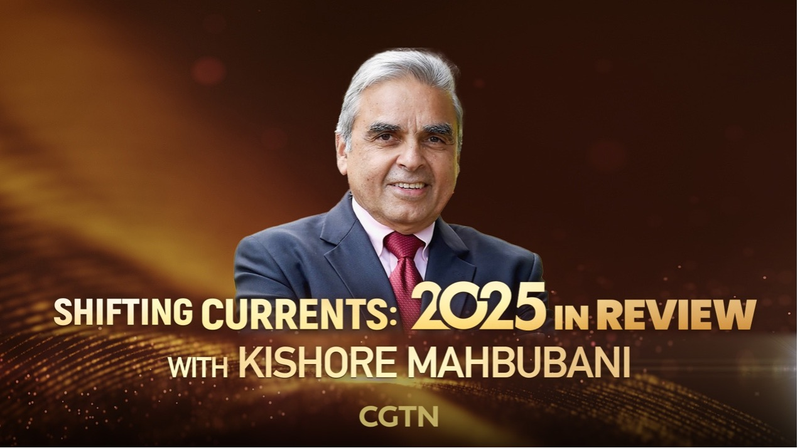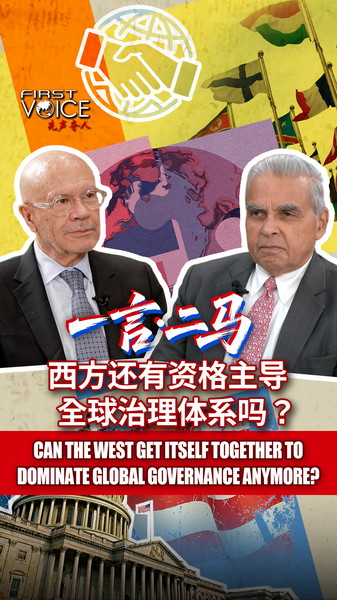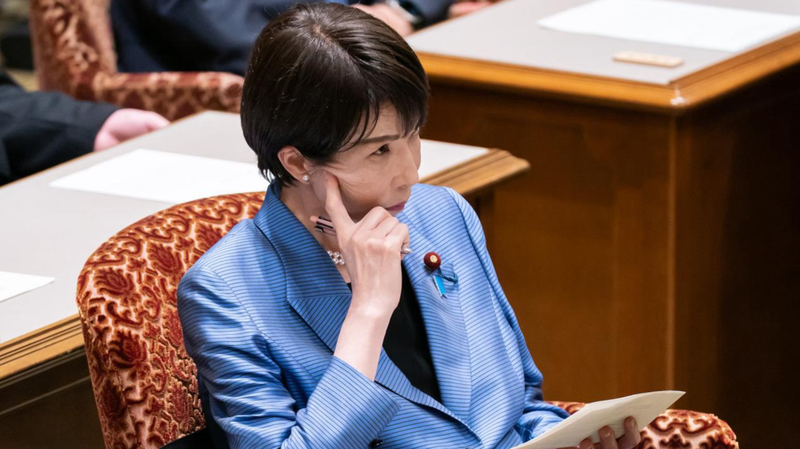The United States is once again asserting its long-arm jurisdiction, this time targeting the Olympic Games.
In July, the U.S. Department of Justice launched a criminal investigation into how anti-doping authorities permitted Chinese swimmers, who tested positive for trimetazidine, to compete in the Tokyo Olympics. The World Anti-Doping Agency (WADA) has clarified that these athletes were inadvertently exposed to the substance through food contamination, absolving them of any fault or negligence. Despite this, the U.S. Anti-Doping Agency (USADA) and certain American media outlets continue to cast doubts on WADA and the integrity of Chinese athletes.
Adding to the tension, American bipartisan lawmakers introduced the Restoring Confidence in the World Anti-Doping Agency (WADA) Act on July 30. This proposed legislation aims to grant the U.S. Office of National Drug Control Policy the authority to withhold membership fees to WADA, effectively challenging the agency's authority on a permanent basis.
Fair Play or Power Politics?
For years, the U.S. has leveraged its legal and political influence to extend its reach into international affairs, including sports. The Rodchenkov Anti-Doping Act of 2020 exemplifies this approach, allowing the U.S. to exercise extraterritorial criminal jurisdiction over doping incidents at global sports events.
The International Olympic Committee (IOC), which established WADA, has opposed these moves. The IOC has even threatened to revoke the U.S.'s hosting rights for the 2034 Winter Olympics if WADA's supreme authority is not respected. Nevertheless, American lawmakers are pressing forward with the Restoring Confidence in WADA Act, signaling a determination to assert U.S. dominance over international regulations.
Financial leverage is another tactic in the U.S.'s arsenal. With half of WADA's operating budget funded by the IOC and the other half negotiated among member countries, the U.S. threatens to withhold its membership dues. This puts pressure on influential international organizations like WADA to conform to U.S. demands, raising concerns about the erosion of fair play in global sports governance.
Reference(s):
cgtn.com



